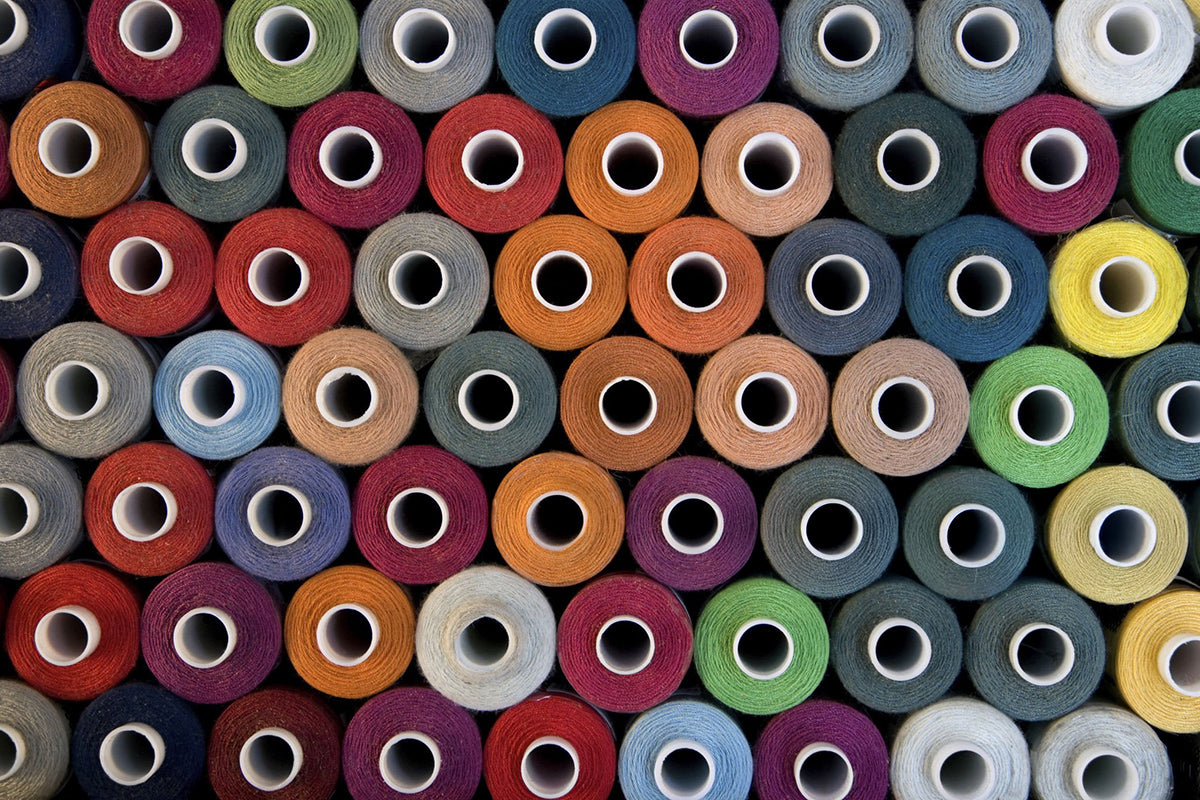Blog
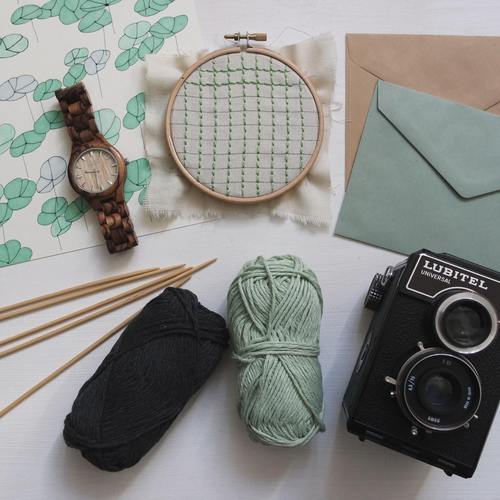
2020
Create a project using deadstock!
We know our planet is facing challenging times and, in order to be safe, we must change our lifestyles which we all know is going to result in more time at home.
With this in mind, we put togethe...
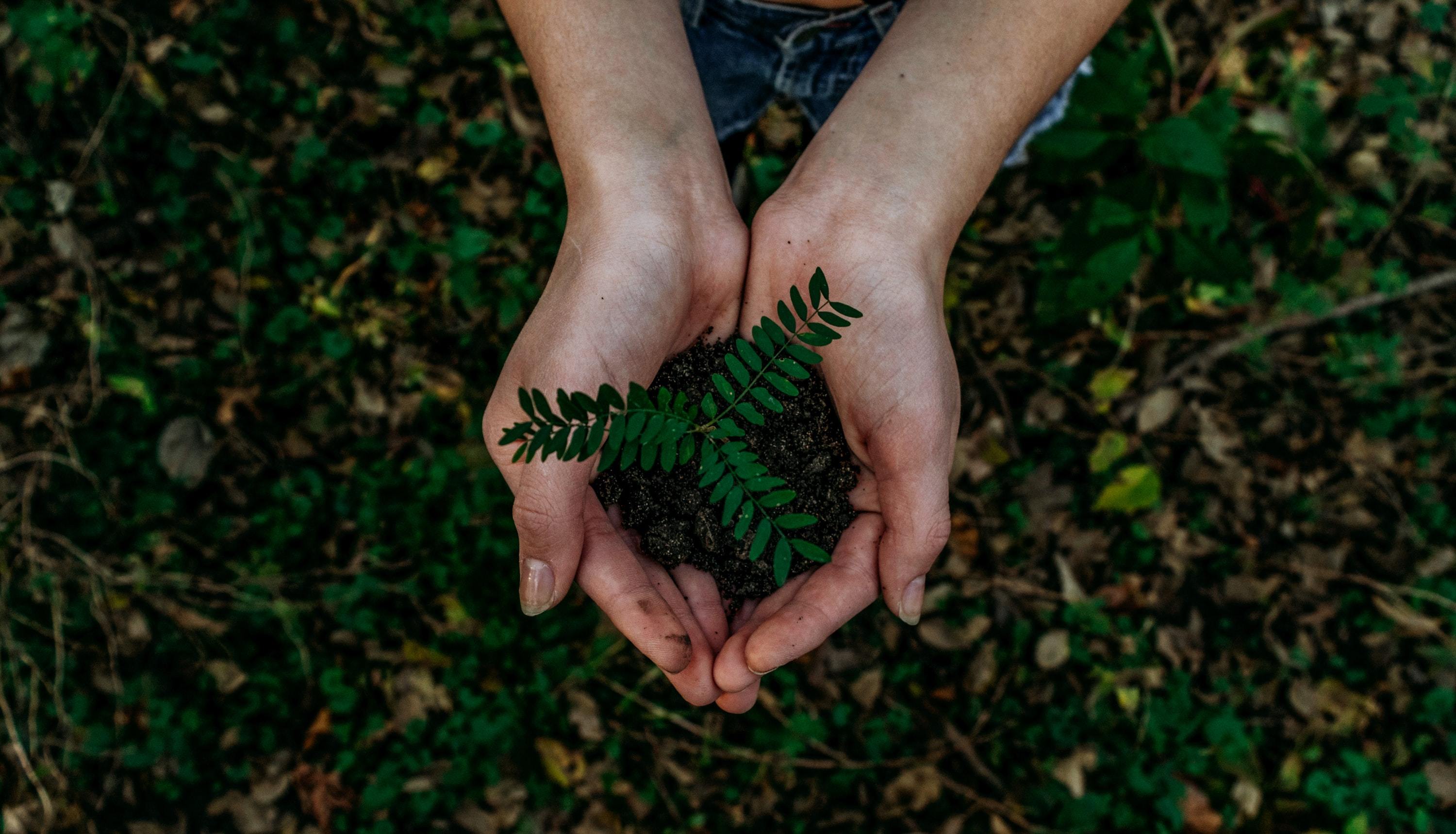
amothreads
How can we still do our part to help the planet? 🌱🌍
We know we’re living strange times that are affecting our routines, but how can we maintain our sustainable lifestyles and still do our part to help the planet? There are still many things you can ...
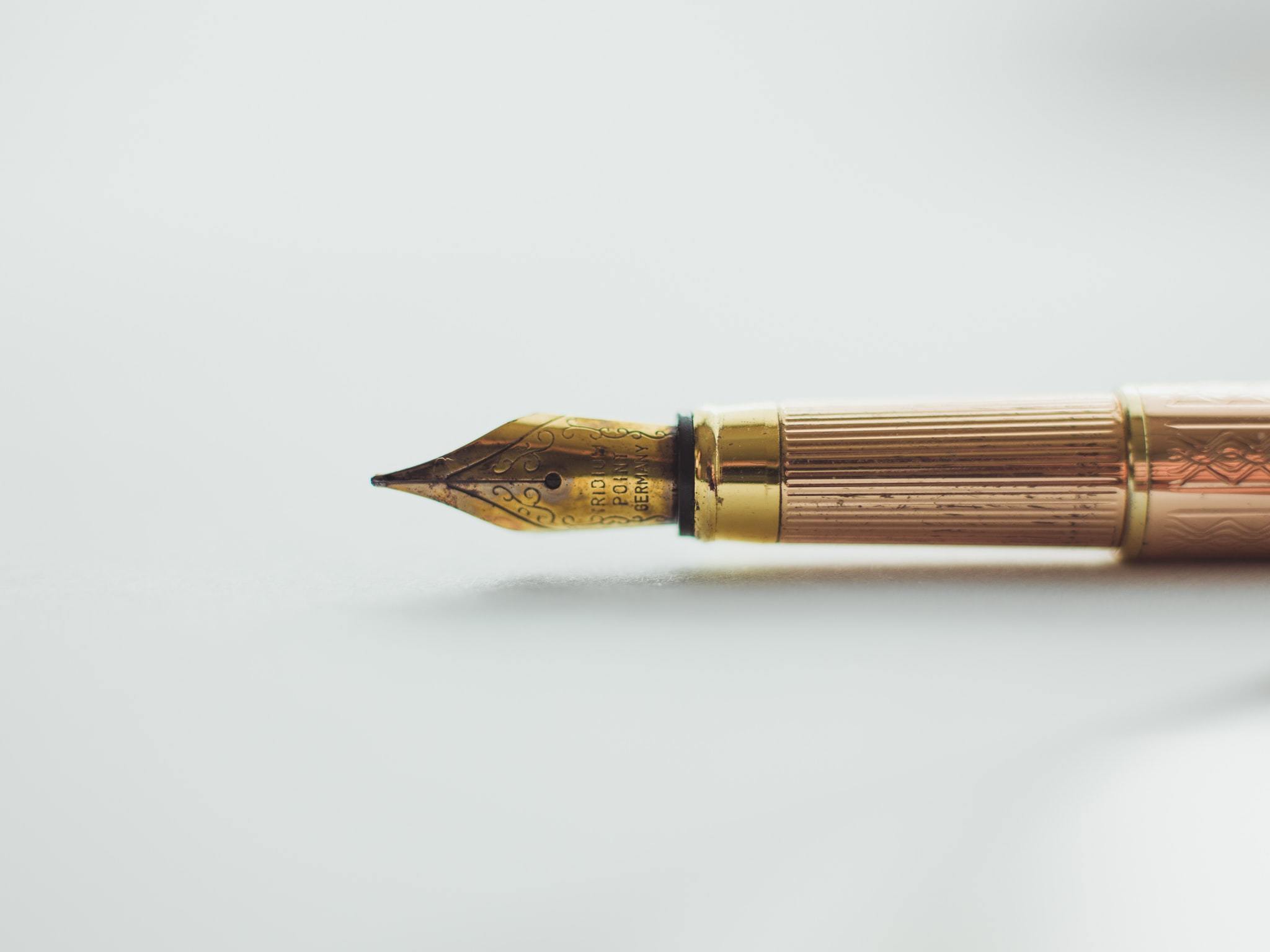
amothreads
A little bit about us and how AmoThreads started
We are living turbulent times. People are isolating themselves more than ever, and we know we have to be apart now, so we can hug our loved ones later. With all of this, we thought you might wonder...
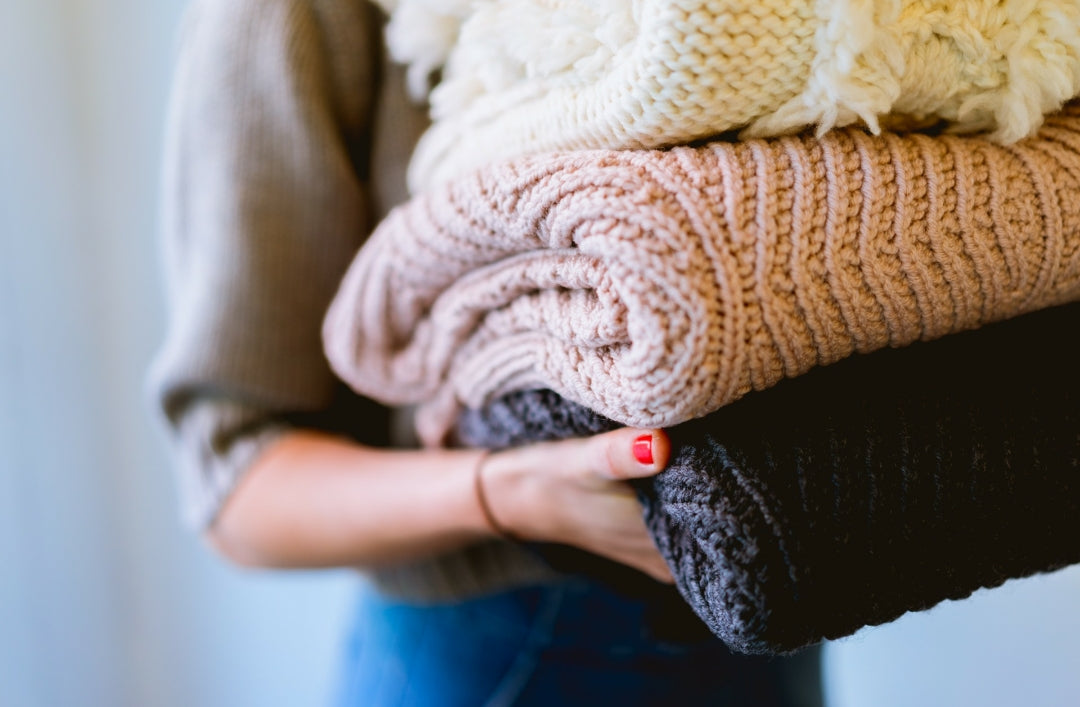
Deadstock
How can you take care of your favourite garments?
You have heard us talking about sustainability quite a few times. Having a sustainable lifestyle includes a wide variety of options like buy less, buy smarter, recycle, up-cycle...but there are ma...
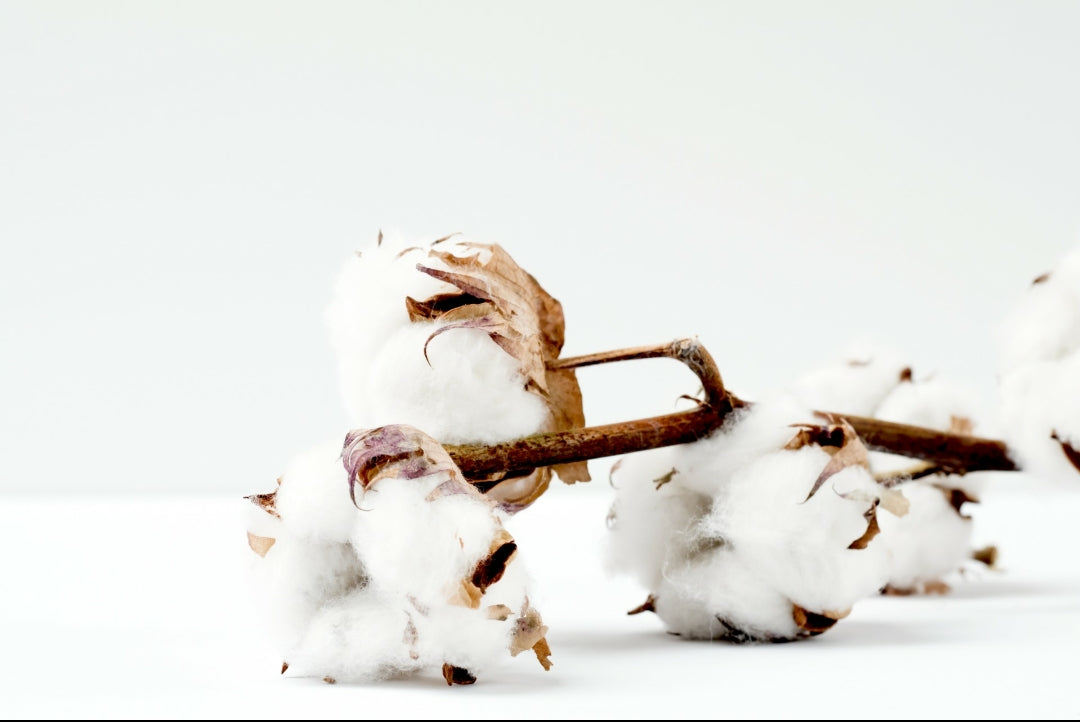
amothreads
The Sustainability of Cotton
The Textile and Garment Industry faces a range of sustainability problems and most of them are connected to cotton production. What can we do to help?

2019
Sustainable trends we have seen in 2019 and whats to come in 2020
With 2019 shortly coming to a close, we look back at some of the trends we've seen over the past year and look at what we can expect to see in 2020!

Deadstock
6 ways to up-cycle using deadstock fabrics ♻️
Have you already started thinking about what you're going to up-cycle with your deadstock?! If you need some inspiration, we've put together a few ideas below for you!

